The language first learned is called one’s native language or mother tongue; both of these terms are figurative in that the knowledge of particular languages is not inherited but learned behaviour. Nonetheless, since the mid-twentieth century linguists have shown increasing interest in the theory that, while no one is born with a predisposition toward any particular language, all human beings are genetically endowed with the ability to learn and use language in general. According to transformational (or generative) grammar, introduced by Noam Chomsky in the 1950s, the idiosyncratic vocabulary and grammatical conventions of any natural language rest on a foundation of "deep structures", a universal grammar underlying all languages and corresponding to an innate capacity of the human brain. This theory implies not only that there are constraints on what may constitute an intelligible human language. As the students’ interaction with the language intensifies, they are able to speak using one or two words or short phrases. They are encouraged to produce the vocabulary they already understand. Speaking results from acquisition and speech emerges naturally, gradually, on its own and in stages. Reading and writing are introduced as extensions and support what students can already understand and say. At the next stage of language development, students move ahead by using longer phrases and strings of sentences. They recombine the language in different ways and they begin to create with the language. As language development proceeds, students become increasingly able to use the language in a variety of contexts, for a variety of audiences and for a variety of purposes. The ability to communicate with others is central to human nature. Throughout the ages, humans have been able to share information, interests, needs and values over time and space and thus have influenced others by their actions and their words.
Encyclopaedia of Modern Methods of Teaching English (In 7 Volumes)
This is a comprehensive set ...
$133.20
$148.00

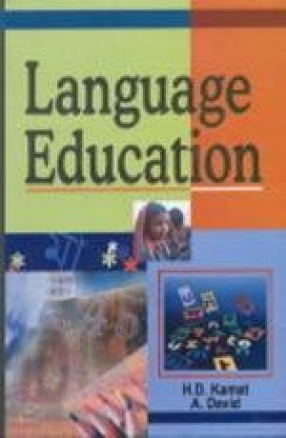
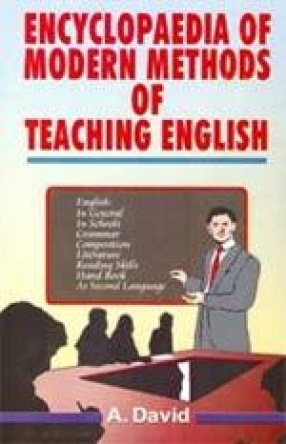
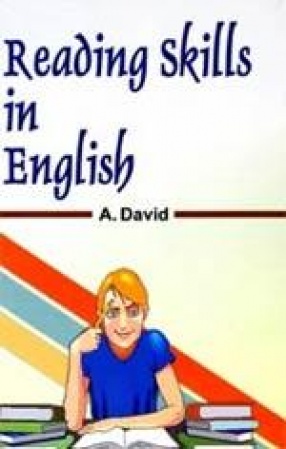
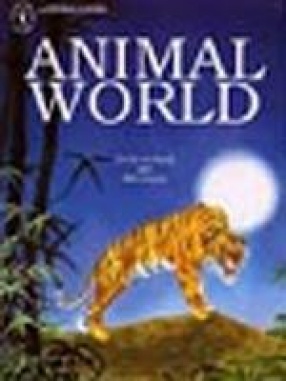
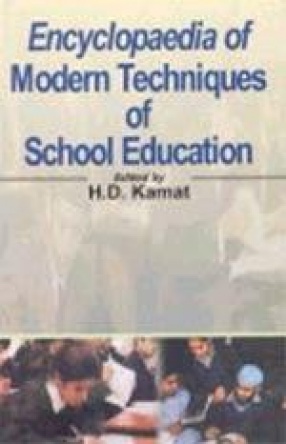
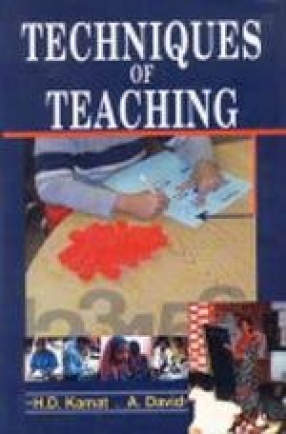
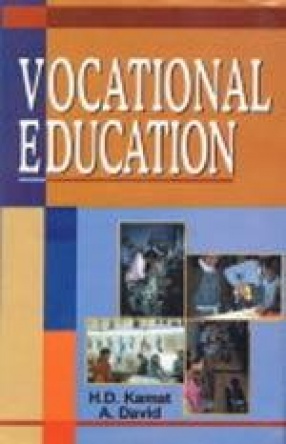
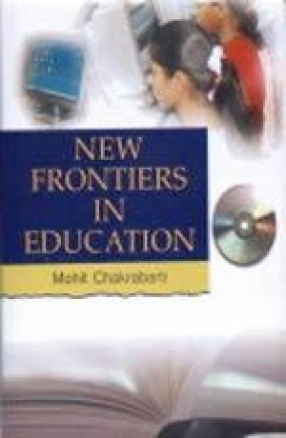

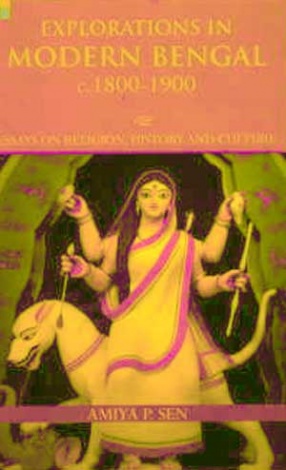
There are no reviews yet.